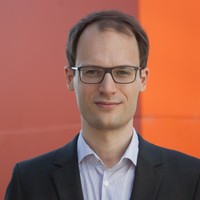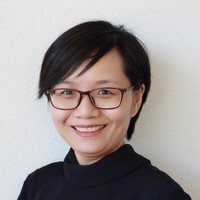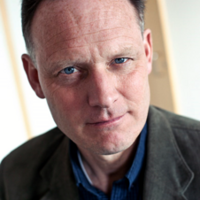
Seed funding for large grant proposals
Objective
This Seed project allows three groups – Prevent, Nano and Trauma – to prepare one larger grant application each, preferably to the ERC ( European Research Council) Synergy program.
Background
Prevent: A key to improving global health is to prevent diseases, but even for those with a known high risk, it remains a challenge to intervene before an illness arises. The purpose of our project is the creation of molecular home-sampled digital diaries to enable the prevention of diseases using the case study of Type 1 diabetes. We propose to build these diaries on frequent blood micro-sampling and reveal the changes in the circulating proteome during the pre-symptomatic stage. Applying artificial intelligence (AI) to such data will uncover the mechanisms behind the onset and possible interventions of T1D. While this project is focused on T1D, we expect our results to apply to many more diseases and provide a unique bridge for clinical care at home.
Nano: Detecting and identifying biomolecules such as DNA, RNA, and proteins at the single molecule level have exciting applications for biology, medicine, and data storage. Solid-state nanopores (ssNPs) have emerged as powerful electrical devices for detecting biomolecules at the single-molecule level. However, the realization of solid-state pores with sub-10 nm diameters remains a major obstacle to practical applications. The translocation of biomolecules through solid-state nanopores is too fast to permit reliable molecule sensing. To address these limitations, we aim to push the frontiers of solid-state nanopore sensors for detecting, fingerprinting, and sequencing biomolecules. For scalable manufacturing of nanogaps and pores with controllable diameters ranging from 1-20 nm, we will utilize an original crack-lithography methodology conceived by our teams (Stemme and Herland) [1, 2]. We will explore dynamic protein interactions of different existing affinity pairs (Hober) using our pores. Furthermore, we will develop novel model-based machine learning methods to classify biomolecules from the noisy nanopore sensor signals (Jaldén).
Trauma: Abusive head trauma (AHT) (also called Shaken Baby Syndrome) is a leading cause of fatality in infants who experience a non-accidental injury. The financial cost of AHT is substantial, not to mention the tragedies for the surviving infants facing life-long disabilities. Its diagnosis is often subjective and highly controversial. It has challenged clinicians and forensic practitioners during the past 60 years, often arousing heated debates that are ongoing today, including an intensive debate in Sweden. This project aims to bring multidisciplinary expertise to develop innovative tools toward an objective diagnosis of AHT by integrating computational biomechanics, biomedical sensors, advanced imaging, and legal aspects.
Another important focus of this project naturally connected to the work on AHT is to develop two innovative devices: (1) a new approach to prevent pre-term neonate intracranial ventricular haemorrhage (IVH); (2) a new protective headband for babies at the learn-to-walk stage.
Crossdisciplinary collaboration
The researchers in the team represent the KTH Royal Institute of Technology and Stockholm University from Digital Futures Working Group Rich and Healthy Life.
Contacts

Jens Lagergren
Professor, Division of Computational Science and Technology at KTH, Former PI: Seed funding for large grant proposals, Digital Futures Faculty
+46 8 790 64 38jensl@kth.se

Stefan Bauer
Assistant Professor at KTH EECS, Working group Learn, Co-PI: Data-driven cardiovascular assist devices, Former Co-PI: Seed funding for large grant proposals, Digital Futures Faculty
baue@kth.se
Xiaogai Li
Associate Professor, CBH School at KTH, Co-PI: AI-based Positioning and Personalization Platform for Human Body Models (HBMs), Former Co-PI: Seed funding for large grant proposals, Working group Rich and Healthy Life, Digital Futures Faculty
xiaogai@kth.se
Göran Stemme
Professor, Head of the Macro and Nanosystem division at KTH EECS School, Former Co-PI: Seed funding for large grant proposals, Digital Futures Faculty
+46 8 790 77 87stemme@kth.se


